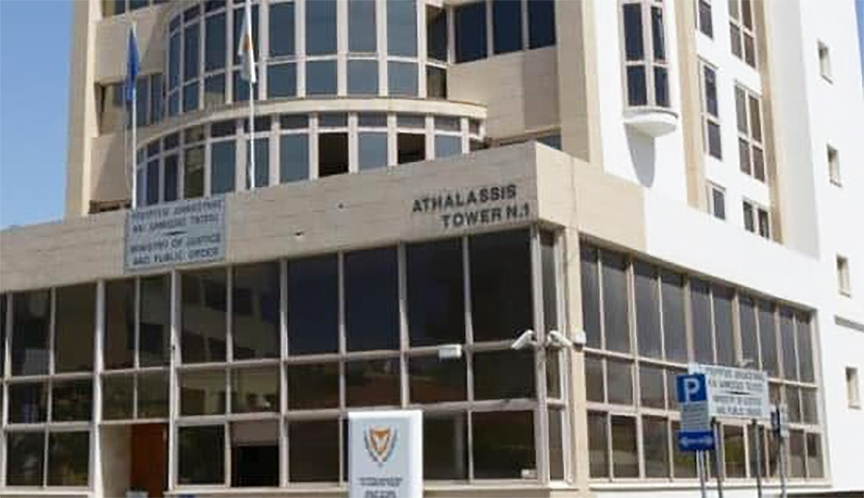The journalists’ union on Wednesday accused the justice ministry of “vilifying” journalists after the ministry had released a statement “categorically” refuting a story which appeared on the front page of newspaper Haravgi earlier in the week.
“Politicians must not condemn and label journalists. Journalists and politicians have distinct roles to play and different missions to accomplish,” it said.
“Journalists, among other things, have a professional duty to monitor and judge politicians on behalf of public opinion. Of course, politicians have every right to respond and comment on journalistic judgments and criticisms.”
However, it stressed, “what politicians do not have the right to condemn, label, and vilify journalists”.
It added that poiticians “also do not have the right to threaten them with administrative, repressive measures”, because “this mentality exactly poses very serious risks to the freedom of the press and to freeom of expression”.
The government, it said, had “showed excessive zeal and used excessive characterisations” in its response to Haravgi’s article.
As such, it said it “calls on government officials and other representatives of the political world to moderate themselves when referring to journalists”.
“Criticism is the oxygen of democracy. And tolerance of it is a clear sign of democracy.”
The newspaper based its article on the European Commission’s annual country report on Cyprus, released in June, and had written that Cyprus is “collapsing institutionally, politically, and socially”, and that the government is “failing miserably to shield the rule of law, to crack down on corruption, and to restore people’s confidence”.
The justice ministry’s response was based on the European Commission’s annual rule of law report, which was released in July, though the ministry also appeared to believe that this was the basis of Haravgi’s article.
It said the newspaper had “presented certain elements in fragments so as to reach arbitrary conclusions” and added that it is “extremely problematic” that the newspaper had “presented as news a report which was published about a month ago”.
On this point, it added that it had already “issued a relevant announcement, expressing satisfaction with the European Commission’s findings.
“The press has the right to make interpretations and findings, but it has the obligation to present the facts objectively as they are, without intending or attempting to manipulate public opinion with misleading information,” it said.
The most recent annual country report was released on June 4 and documents economic performance, adaptation to climate change, social policies, education system, health policies and use of European Union funds.
The annual rule of law report is a separate report, the most recent edition of which was released on July 8.






Click here to change your cookie preferences